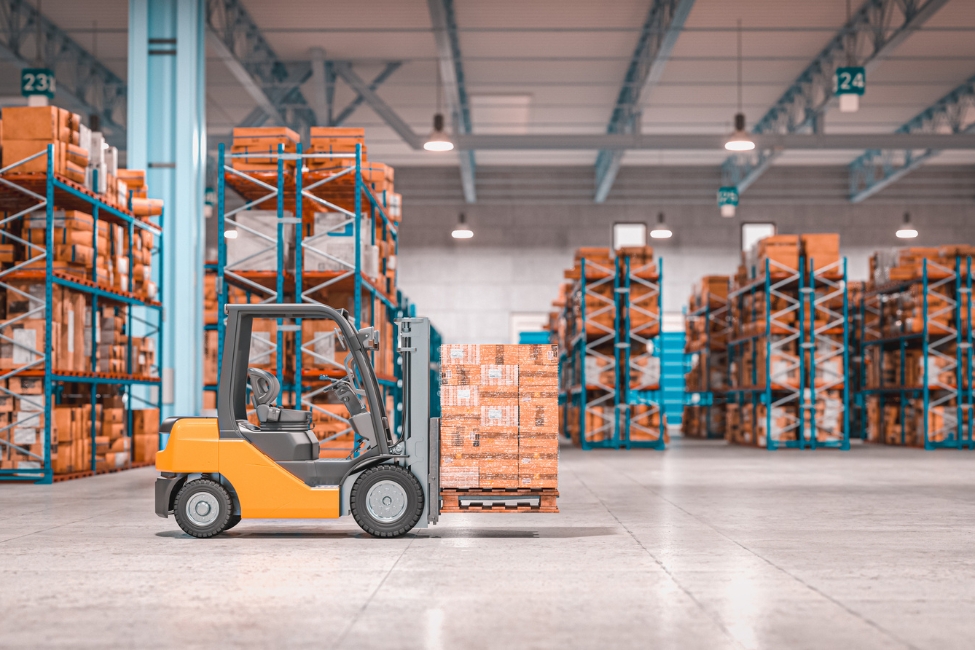Logistics Leaders See Tight Capacity, High Prices Through Mid-2026

The Logistics Managers’ Index rose for the second consecutive month due to rising costs as the economy remains uncertain, according to researchers at Florida Atlantic University and four other schools.
The Logistics Managers’ Index rose for the second consecutive month due to rising costs as the economy remains uncertain, according to researchers at Florida Atlantic University and four other schools.
May’s index read in at 59.4, up slightly from April’s reading of 58.8. The reading is up 3.8 from the year prior. A score above 50 indicates that the logistics industry is expanding, while a score below 50 indicates that the industry is shrinking.
Costs, particularly inventory costs, led to this month’s expansion. Inventory costs rose to 78.4, the highest level since October 2022, while inventory levels were only 51.5. The gap between the two suggests that many inventories are sitting stagnant.
“The persistent uncertainty with respect to tariffs seems to be causing upward pressure on inventory costs, likely because of stockpiling effects,” said Steven Carnovale, Ph.D., associate professor of supply chain management in the College of Business. “The previous pause on tariffs opened up an opportunity to stockpile, which is also likely reflected in the rise in warehousing utilization and costs, as well as the rise in upstream warehouse utilization.”
The LMI, a survey of director-level and above supply chain executives, measures the expansion or contraction of the logistics industry using eight unique components: inventory levels, inventory costs, warehousing capacity, warehousing utilization, warehousing prices, transportation capacity, transportation utilization and transportation prices. Along with FAU, researchers at Arizona State University, Colorado State University, Rutgers University and the University of Nevada at Reno calculated the LMI using a diffusion index.
Warehousing readings also point to further uncertainty among firms on the direction of the U.S. economy and tariff policy. Warehousing capacity was flat at 50, while warehousing costs and warehousing utilization read at 72.1 and 62.5, respectively. The readings suggest that inventories are sitting longer amid slower consumer demand and firms have been holding goods in anticipation of future tariff changes.
“At a certain point, the see-saw effect of increased/decreased tariffs is likely going to lead to firms stockpiling when tariffs come down, and likely be forced to sit on excess inventory,” Carnovale said. “In this case, the decision will be: are the holding costs of excess inventory less than the (potential) future tariffs? And to what degree will these increased prices pass through to consumers?”
Overall, respondents expect inventory levels to increase in the year ahead, with capacity growing tighter and costs expanding, highlighting the overall sentiment that trade issues and uncertainty will be wrapped up by the end of the year.
-FAU-
Latest News Desk
- Discovery to Display: FAU Unveils the 'Art of Science' WinnersFAU's Art of Science showcases stunning research-inspired images submitted by students, faculty and staff. Explore more than 200 entries and vote for your favorite in the People's Choice Award.
- FAU Secures $1.4 Million Grant to Save Wildlife in Florida EvergladesFAU's Charles E. Schmidt College of Science has received a U.S. Army Corps of Engineers grant to study dry-season prey in the Everglades and its impact on wading bird nesting success and ecosystem restoration.
- Gutterman Center for Holocaust and Human Rights Honors EducatorsFlorida Atlantic University's Arthur and Emalie Gutterman Center for Holocaust and Human Rights Education (CHHRE) recently hosted its annual Educator Awards Dinner at the Boca Raton Marriott at Boca Center.
- FAU College of Business to Host Boca Finance & Real Estate ConferenceFAU's College of Business will host a specialized conference and networking event to offer an inside look at the future of finance and real estate as South Florida accelerates its rise as "Wall Street South."
- FAU's CAROSEL Offers New 'Spin' on Real-Time Water Quality MonitoringFAU Harbor Branch's CAROSEL is an autonomous underwater system that tracks nutrient exchanges between sediments and water in real time, revealing impacts on water quality and ecosystem health.
- FAU Engineering Receives $1.5M to Launch Ubicquia Innovation CenterThe Ubicquia Innovation Center for Intelligent Infrastructure will drive sensor, AI and analytics innovation to digitize and monitor infrastructure across utility, municipal, commercial and industrial sectors.






